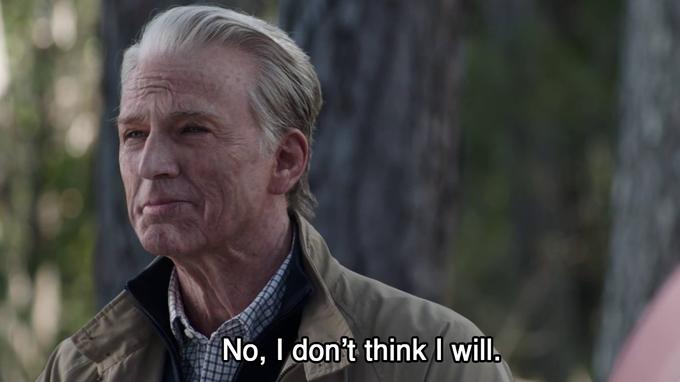Most people living under socialism had little understanding of capitalism in practice. Workers interviewed in Poland believed that if their factory were to be closed down in the transition to the free market, "the state will find us some other work" (New Y orker, 1 1/13/89). In the Soviet Union, many who argued for privatization also expected the government to continue providing them with collective benefits and subsidies. One skeptical farmer got it right: "Some people want to be capitalists for themselves, but expect socialism to keep serving them" (Guardian, 10/23/91 ).
Reality sometimes hit home. In 1990, during the glasnost period, when the Soviet government announced that the price of newsprint would be raised 300 percent to make it commensurate with its actual cost, the new procapitalist publications complained bitterly. They were angry that state socialism would no longer subsidize their denunciations of state socialism. They were being subjected to the same free-market realities they so enthusiastically advocated for everyone else, and they did not like it.
—Michael Parenti, Blackshirts and Reds, pg 73 (Communism in Wonderland; Romanticizing Capitalism)
History repeats itself here in this moment. The strategy employed by the capitalist is both the same now as it was then. A people so unaware of what they have, so eager to have nothing at all.



 Well how do you know!
Well how do you know! ? Have you looked at the executive and political class all from Harvard and Yale? They aren't going to give a fuck about a public university degree.
? Have you looked at the executive and political class all from Harvard and Yale? They aren't going to give a fuck about a public university degree. Says you! You don't care for the poor!
Says you! You don't care for the poor!







